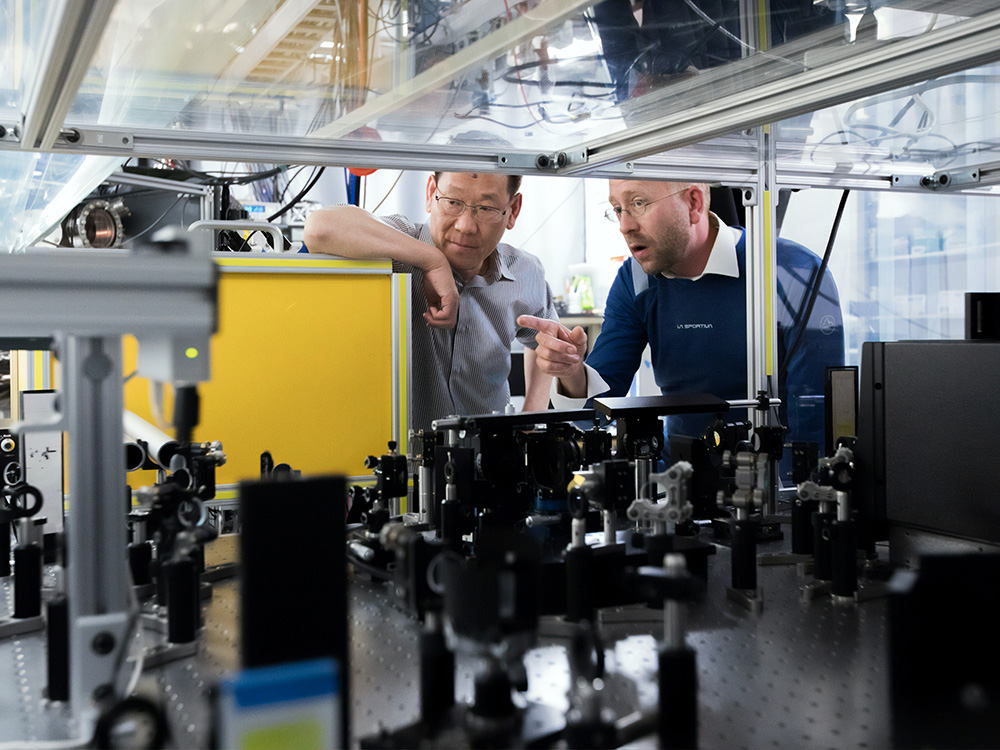The Impacts of Technology Advancement in Manufacturing Industries

Many changes in the manufacturing industry have come from consumer demand. Consumers want things faster, personalized, unique, and up to date with current trend. Therefore, manufacturers need to change if they wish to stay competitive and keep up with the demand. The latest movement involves technological advancements which help to streamline long-established and often complex manufacturing process to increase productivity and profitability.
Impact on Manufacturing Workforce
Like any other industries, manufacturing industries also struggling in finding new talent as the aging population retiring and taking their skills and knowledge with them. Therefore, manufacturing industries will greatly benefit from continuous adoption of advanced technologies in combating their talent issue. Even though, many fear the impacts of these developments on job opportunities, it is believes that the industry has so much to gain from technology advancement like robotic, Artificial Intelligent (AI) and Internet of Things (IoT), as they will create abundant of job opportunities for human workforce and boost economy. Manufacturers can now run their production autonomously using robot with minimum number of human workforces to assist production while frees up other human workforces to focus on more difficult tasks, providing them with the opportunity to up skill. Ultimately, it provides a win-win scenario whereby the technology advancement will open many doors for businesses with human workforce and robot collaboration being at the forefront.
Impact on Productivity
Introduction of new technology into any manufacturing process normally led to increase in productivity which acts as an indicator of the efficiency of any production. The term productivity normally refers to the amount of output that a given amount of inputs can produce within a certain period of time. Technological advancement also enhance connectivity between machines, computers and humans hence allow manufacturers to monitor its production and process manufacturing operations in real-time. This eventually increases both consistency and quality of their products hence reduces scrap, machine downtime and ultimately increases productivity.
Economic Impact
Technology advancement also has great economic impacts on manufacturing industries. As we all know, manufacturing cost is not just about the cost of manufacturing finished product but also include liability cost of reject products, repairs and refunding customers. By implementing advance technology such as AI and IoT, manufacturers are able to spot areas of improvement to minimize errors which in return reduce their reject and repair cost. With a reduction in rejection rate and machine downtime, resources can be fully utilized on other areas such as to purchase new software updates to add new functionality to machinery without the need to purchase latest and more expensive hardware in order to promote company growth and development.
In conclusion, technology advancement not only will optimise production levels but also allow collaboration between human and robot workforce to enhance quality, productivity and efficiency of any manufacturing processes. On top of that, reject and repair costs are significantly reduced as the manufacturing processes are easily monitored through implementation of advance technology.